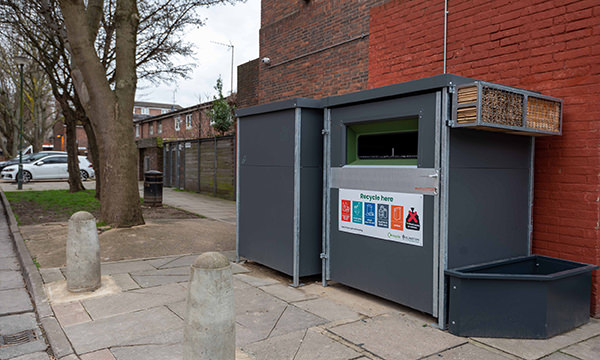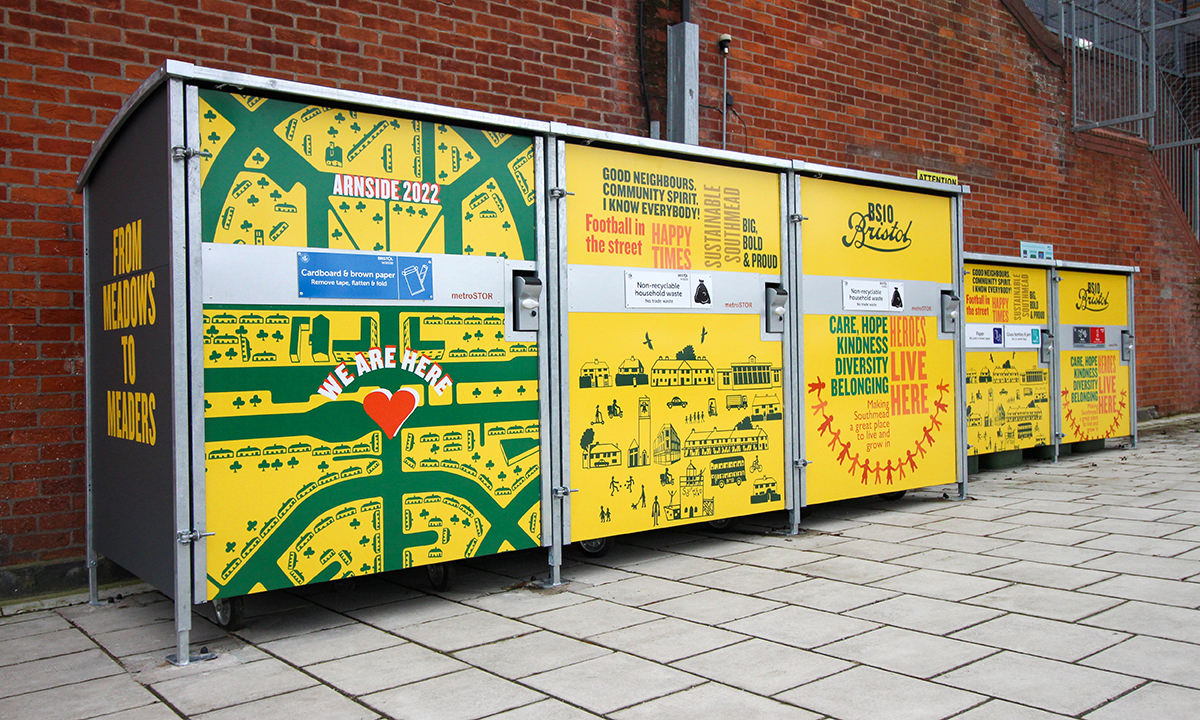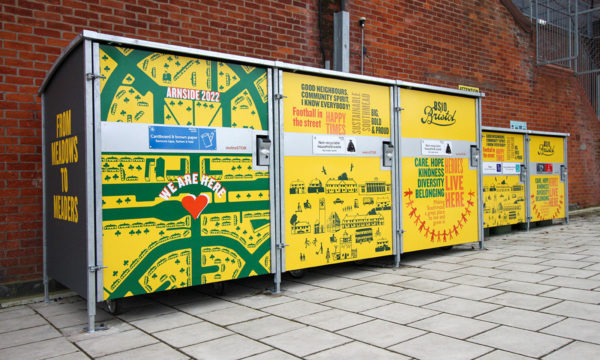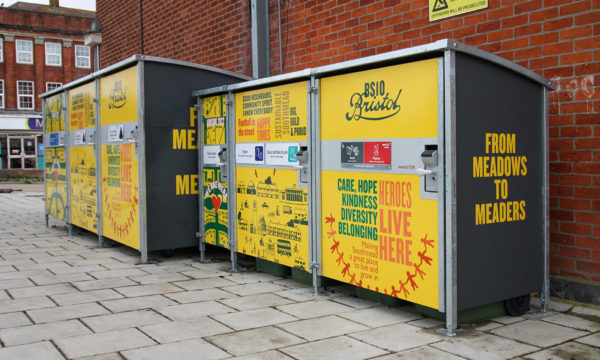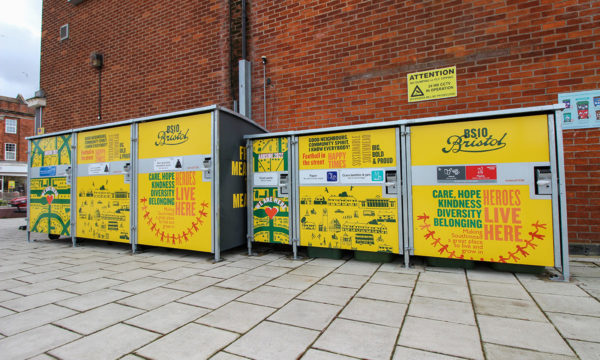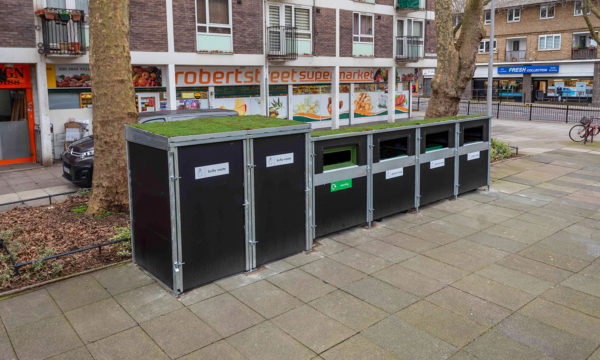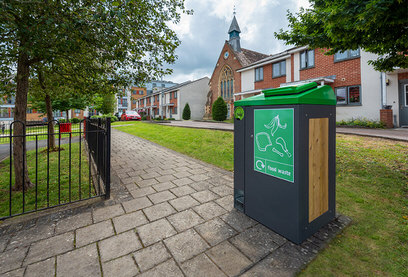Case Study Highlights
| Project | Southmead |
| Client | Bristol City Council |
| Bristol Waste Company |
| Scope | metroSTOR PBM 3 |
| metroSTOR PBL 5 |
Working in partnership with the people of Bristol and Bristol City Council, Bristol Waste Company employs over 800 people with 17m scheduled collections made every year. They are committed to increasing recycling levels and reducing the accumulation of waste across the city, with around 75,000 of the 160,000 tonnes of annually collected waste sent for composting or recycling.
The partnership between the two organisations has helped to establish a number of successful campaigns, designed to inspire sustained change and push Bristol’s urban sustainability goals. Their Clean Streets campaign was successfully run over the course of 3 years and was run with the aim of encouraging individuals, communities, schools and businesses to take collective responsibility to reuse, repair and recycle more often. Part of this campaign was Big Tidy, a project launched by Mayor Marvin Reeves in 2019 that helped enable significant improvements to more than 1,800 streets across the city.
Other successfully-run campaigns include Great Bristol Spring Clean and Litter Hurts, a campaign dedicated to protecting dogs and pets from the harmful effects of littering. The RSPCA has estimated that close to 70,000 animals are injured as a result of littering every year in Britain.
Working closely with Bristol Waste Company and Bristol City Council on a trial-based project in Southmead, a northern suburb and council ward in the city, metroSTOR recently completed installation on a mini recycling centre, utilising metroSTOR secure bin housings. With the local area comprising a public housing estate, alongside local shops and community amenities, the project aimed to establish innovative ways to increase recycling participation from roadside bring banks.
Drawing inspiration from local history and culture, the metroSTOR PBM 3 and metroSTOR PBL 5 Bin Housings have been incorporated with a unique vinyl wrap design to provide a strong sense of place and local identity, helping to make the bring bank areas more attractive and inviting for users, in addition to fostering a sense of community ownership.
The units have been designed with clear signage that helps to direct intent and the function of each specific bin container, including non-recyclable household waste, cardboard & brown paper, food waste, glass bottles & jars, paper, and metal & plastic. Providing further directives is nearby wall-mounted signage, which offers further advice and instruction for users. Studies have shown that taking steps to increase public education around correct recycling helps to both enhance awareness and encourage more positive behavioural trends.
With no apertures present across the units, a code secure locking system helps to ensure appropriate use, preventing recycling contamination and the accumulation of side waste. The operation of 24hr CCTV surveillance serves as a further measure to help ensure that no illegal dumping or fly tipping takes place.
